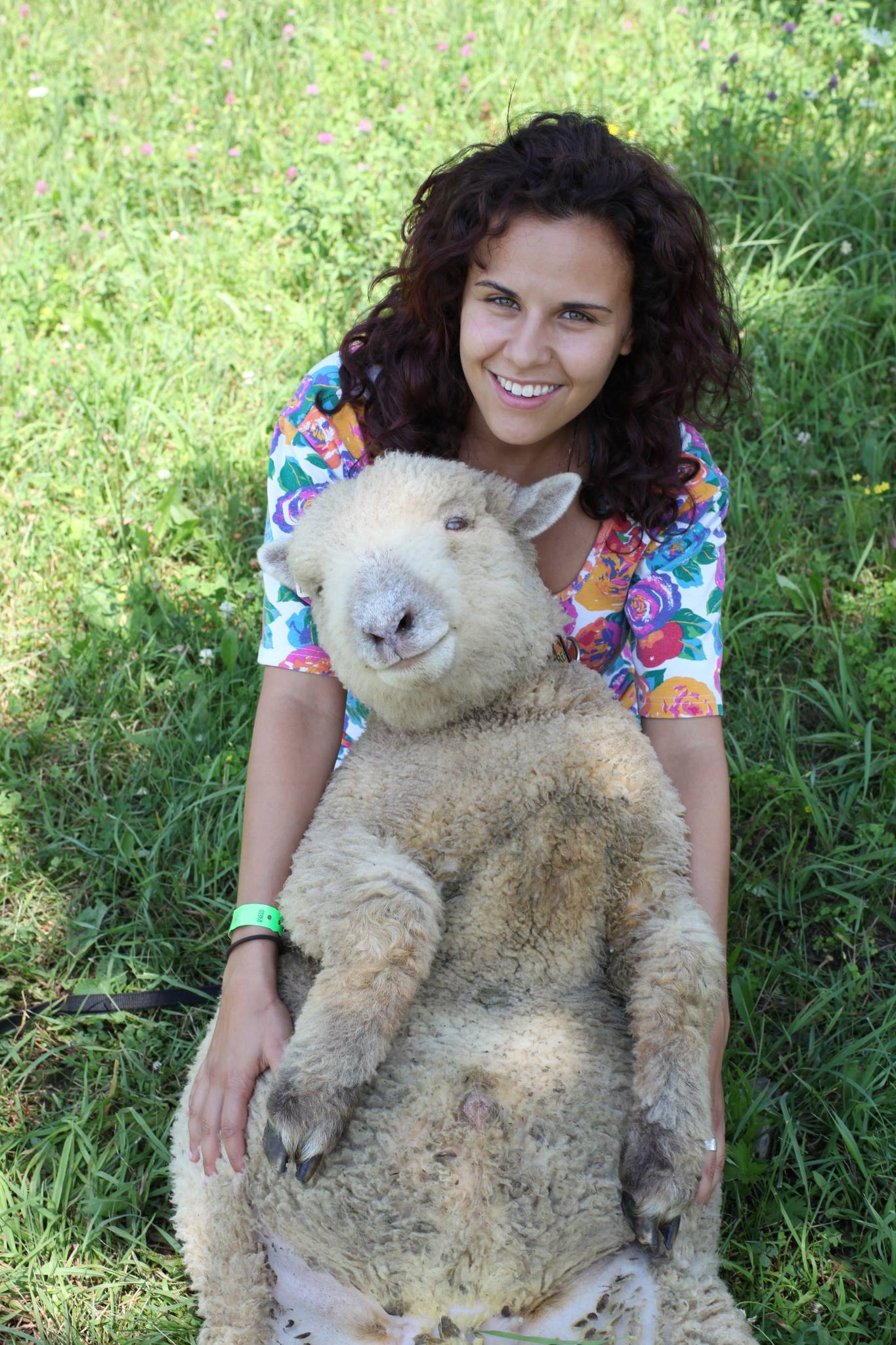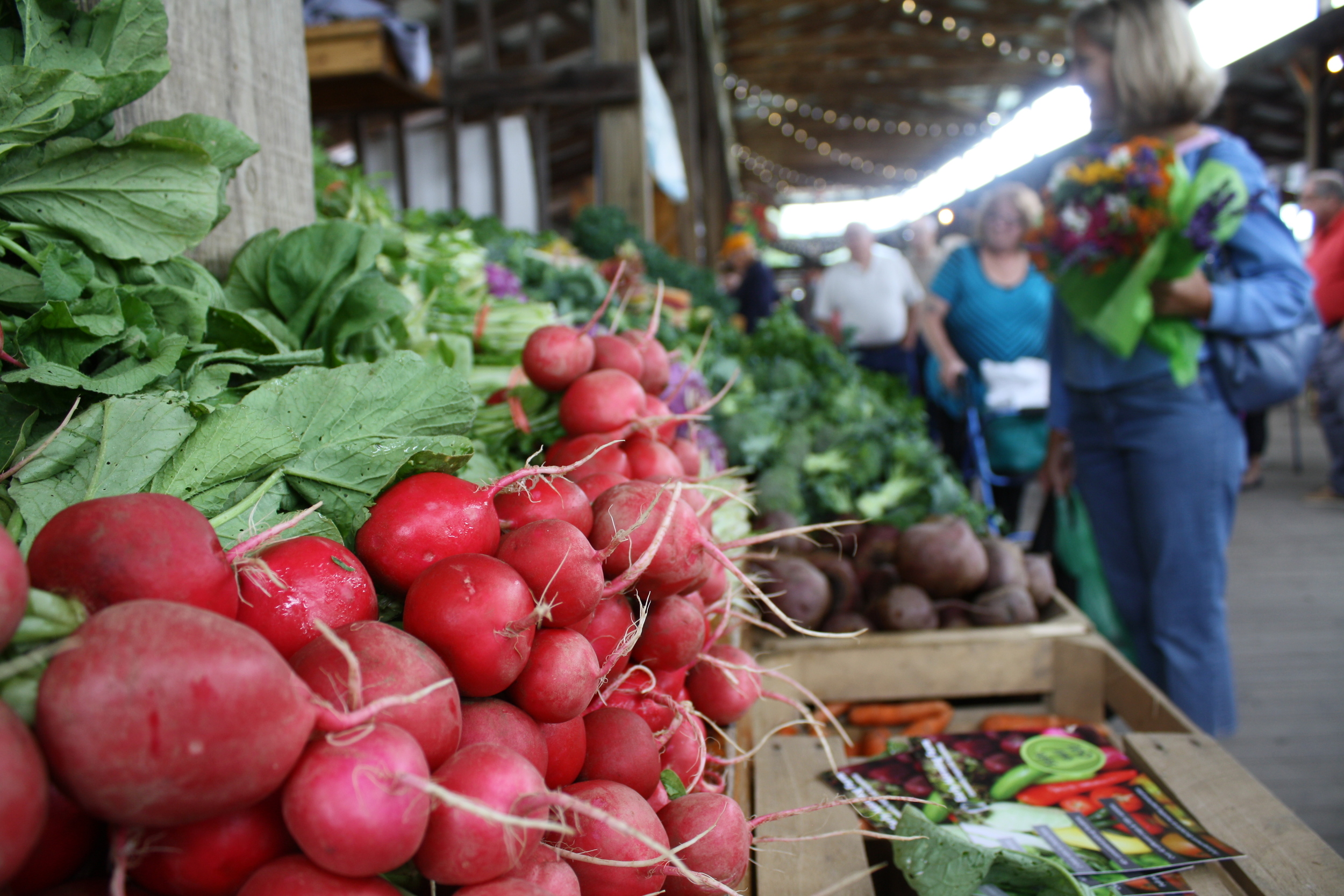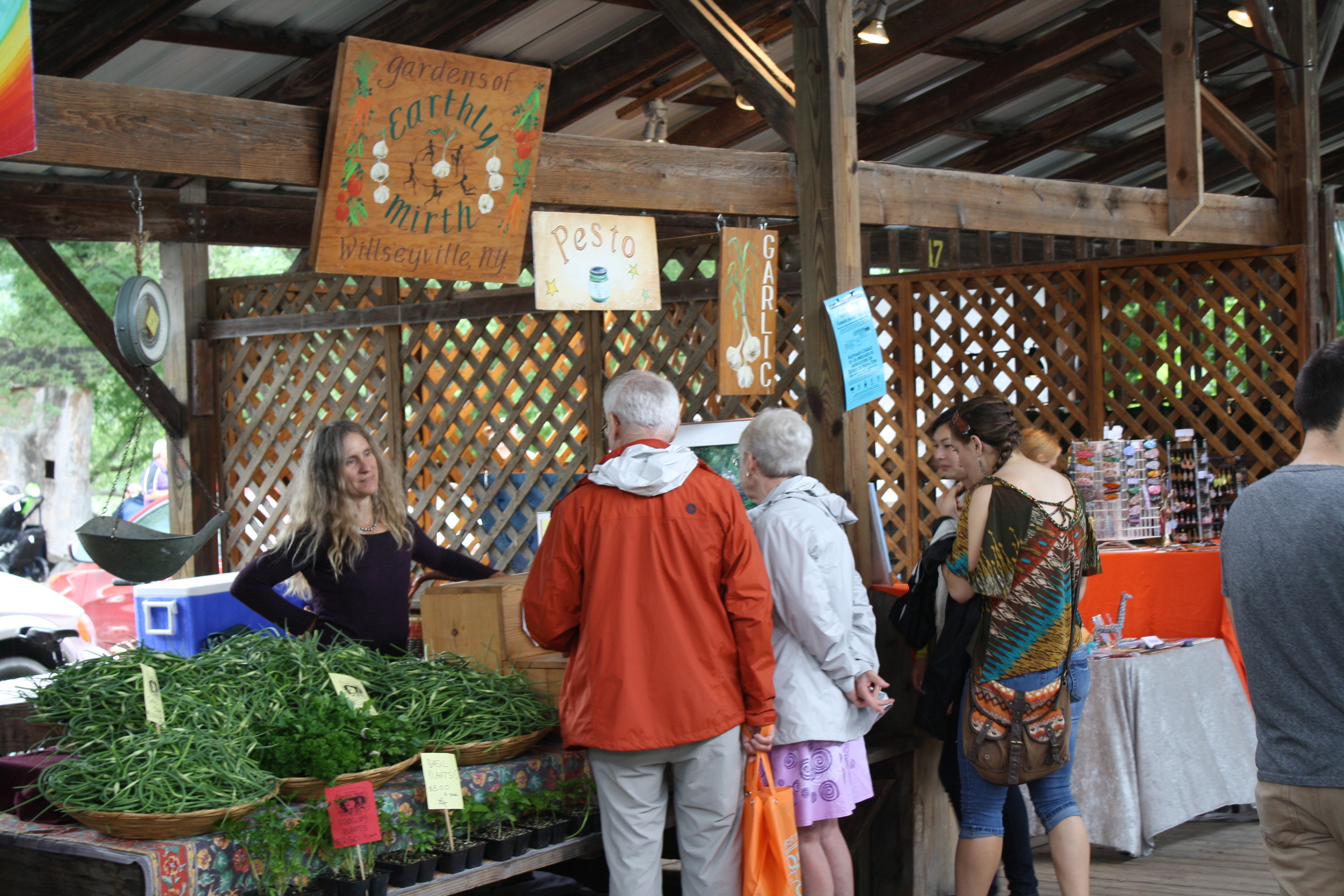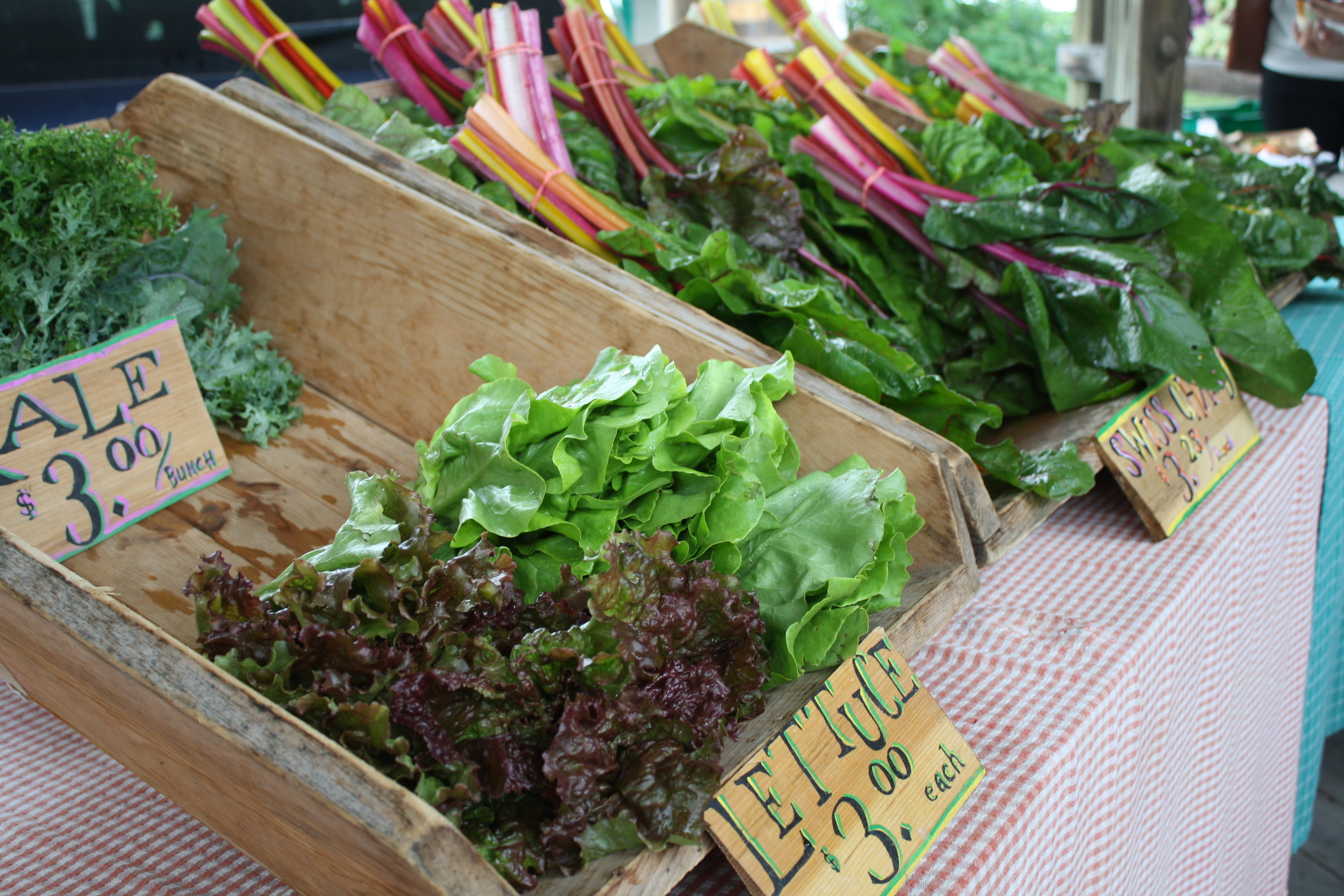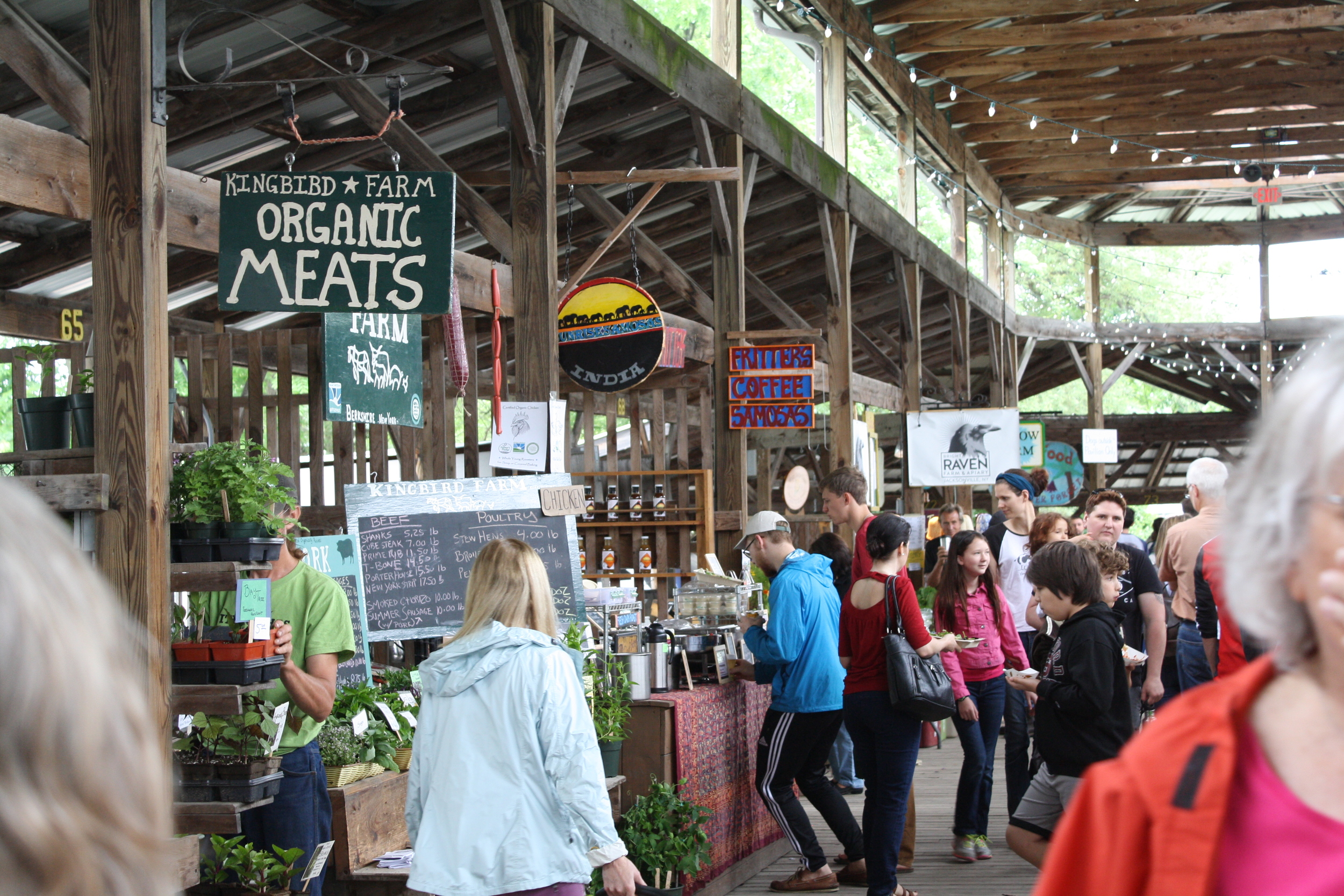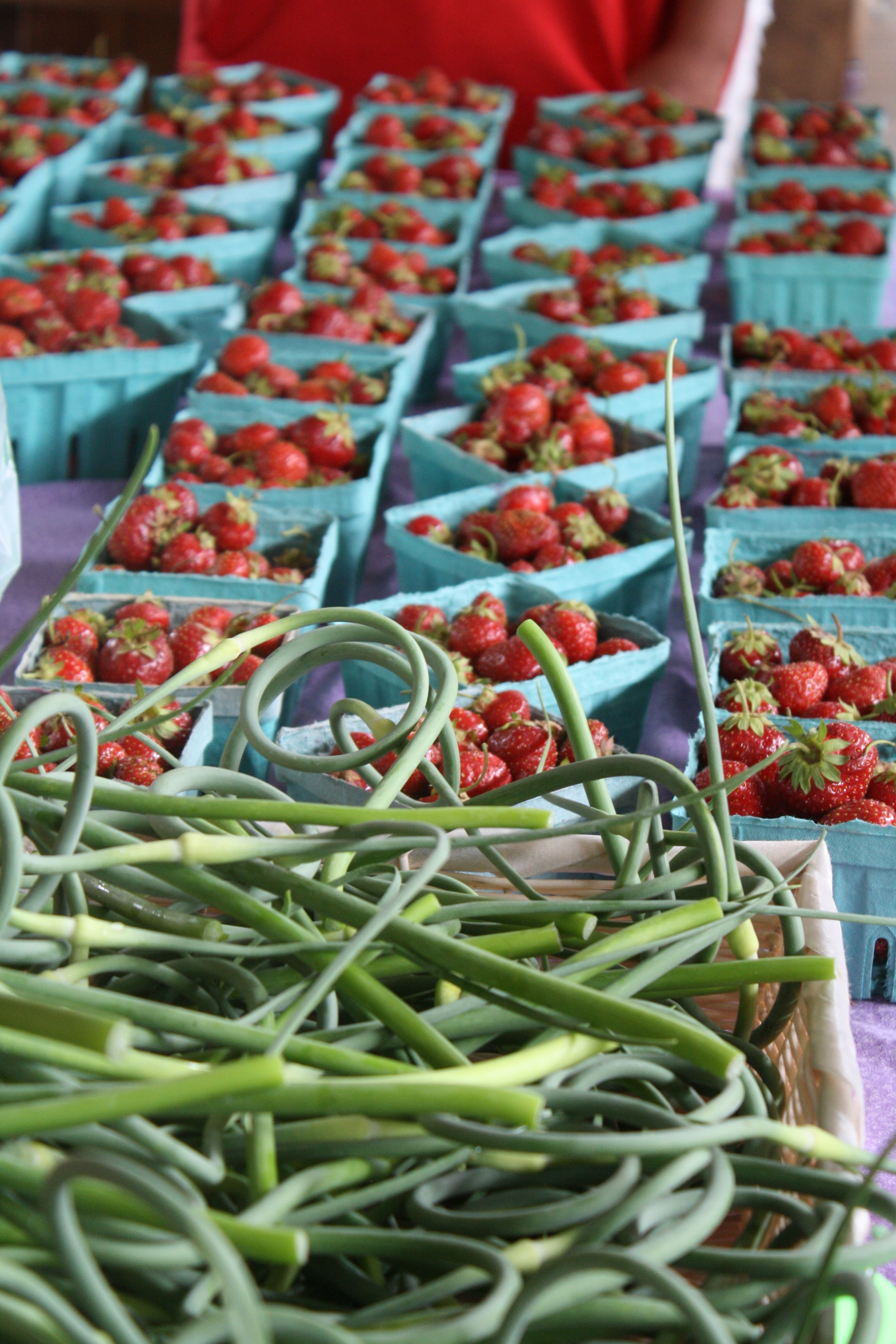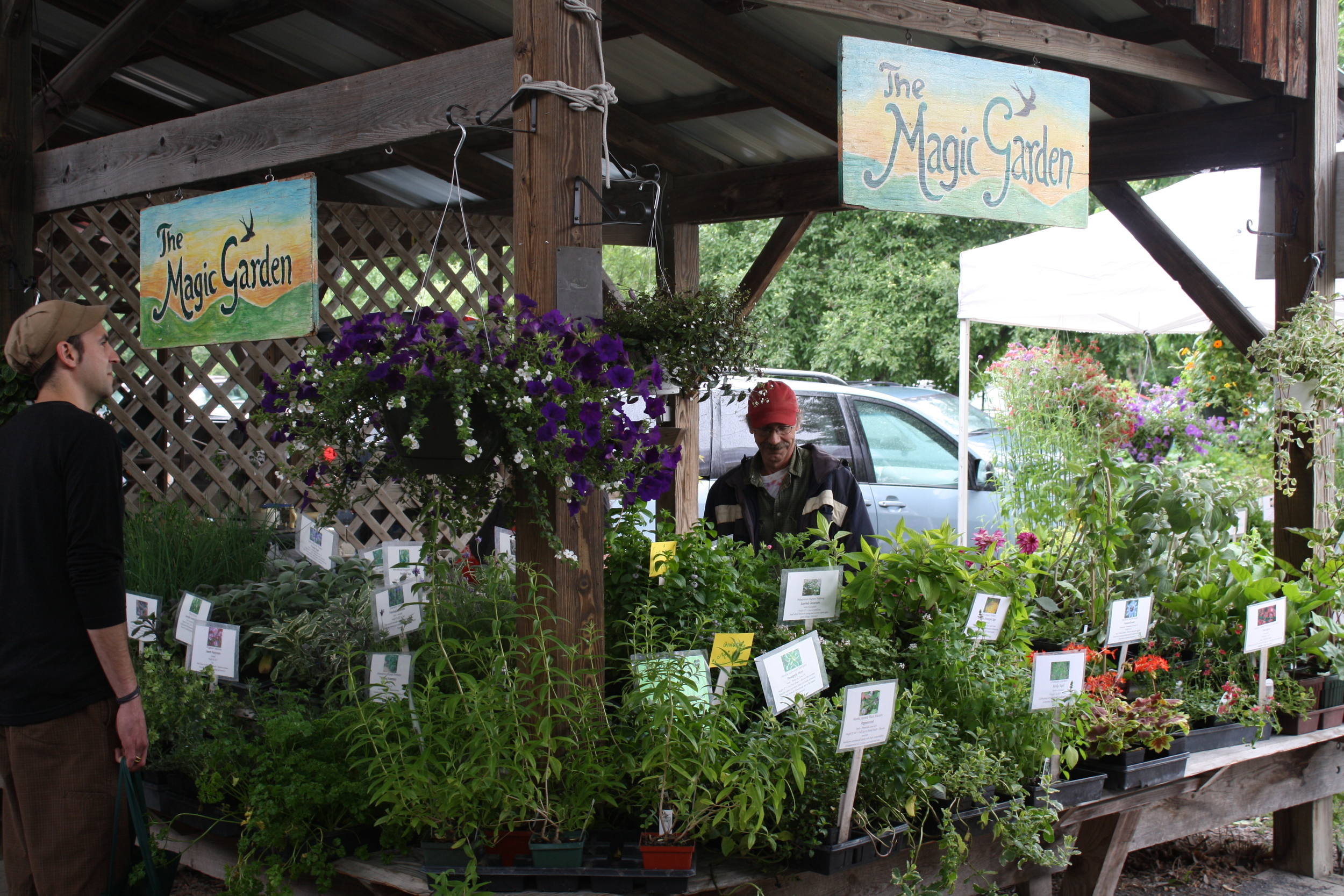It feels lately as if current events have little to offer beyond doom and gloom. From the climate crisis, to dwindling resources, to social injustice, it is easy to feel weighted with the worries of the world. In the midst of such nay-saying, however, I choose to find hope in the innovative and imaginative movements that characterize my generation. More young people than ever are abandoning corporate expectations in favor of sustainable grassroots movements with the future of our planet and society in mind.
I have the great fortune to be roommates with one such forward-thinking individual, Karli Miller-Hornick, who's passion is in supporting the Farm-to-Table Movement through Community Supported Agriculture (CSA). CSA Farm Shares provide fresh, organic, locally-grown produce to communities across the country, and Karli manages the accounts of many farms in the US for the start-up, Farmigo.
Since moving in with this joyful, vibrant, earth-child innovator, the quality of my food and the love with which it is prepared has dramatically changed my day-to-day life. Whereas mealtime used to mean providing my body with the fuel it needed for the day, I have now added an entire socio-cultural element to my lifestyle. My friends and I walk or bike to the Farmer's Market, baskets in hand, to eagerly collect the fresh, juicy vegetables that will fortify our meals all week. Market chatter with farmers, friends, and local business owners leaves me feeling energized and intimately connected with my community - a sentiment that is so starkly absent from much of modern day society. I have become conscious not only of the impact that my consumer decisions make on the environment, but also of the benefits that eating locally and organically have on my health and well-being. I prepare my meals with love, and I consume them with pride.
Because learning about sustainable agriculture from Karli has made such a drastic difference in my life, I sat down with my sister-friend to ask her what she wishes the rest of the world would learn about CSA's and the Farm-to-Table movement:
Tell me a little bit about what a CSA is and about the Farm-to-Table movement.
CSA stands for Community Supported Agriculture. It is a business model that was adopted by farmers in the 1970s to sell direct to consumer. The major benefit is that there is shared risk so that if the farmer loses a crop due to disease or natural disaster, they will not loose their entire farm. The number of CSA's in America has exploded in the past few years. According to the USDA there are currently 12,000 CSA programs throughout the US.
What are the costs versus benefits of joining a CSA, both for the individual and for society as a whole?
Being a member of a CSA is the best way to support local farms and get fresh food direct from a farmer. By supporting a farmer at the beginning of the season you are committing to a shared risk and as such, a shared benefit. If the farm ends up with a large harvest, you get to share in the bounty! You will often find that if you go to market and buy all of the items that you would get in your box, you will be paying 2x-4x the cost.
What made you first become interested in the Farm-to-Table movement? Did you study agriculture in school? How did you become involved?
I studied restaurant management and hospitality in school. I was very interested in creating experiences around a dinner table through food. While in college, I followed a company called Outstanding in the Field to a series of farms throughout the north east to throw a collaborative dinner between a local chef and a farm. I instantly felt a strong connection to the power that locally produced food has to bring together a group of unlikely strangers. Upon returning to school, I began to dive into horticulture classes and got certified in Sustainable Farming from the Groundswell program. I quickly realized that I was not cut out to be a farmer, but felt that there was a huge need for marketing and sales help in the farming world. I began working on plans to help farmers utilize technology to allow them to make connections with restaurants and sell more efficiently. After graduation, I found a job post for Farmigo and it was a match made in heaven. I applied and began working for them in February 2012.
Tell me about Farmigo. What is the mission statement of the company, how did you become involved, and what is it that you do there?
Farmigo is a small startup with a big mission: To empower people to create a better way to eat, by creating farm-to-neighborhood access to fresh food, benefiting local farmers and bypassing supermarkets. I have worked with Farmigo for 3 years providing support to the farmers that use our software to manage their CSA's. Our software allows farms to manage their entire CSA program online from sign-ups to distribution. I spend all day on the phone and emailing with over 300 farms throughout the country.
Are CSA's only available in rural areas? Can someone living in a big city like Philadelphia or New York gain access to a CSA?
CSA's are absolutely available to people in Philly and New York. In fact, there are probably more options in major cities including meat CSAs, bread CSAs, and fish CSAs.
What are some considerations someone interested in joining a CSA should take into account? Location, farm size, farm production, age of farm, etc?
Many people say they only eat organic. I've learned that organic does not necessarily mean sustainable. When I am shopping for a CSA, I'm looking for a number of things. First of all, I want a farm that allows me to visit and perhaps even volunteer. A farm that can be this transparent about their farming methods is one I can trust to produce my food. Additionally, I am looking for some flexibility from the farmer. I travel a lot during the summer, so I want to know I can skip a week or two and perhaps have my share donated to a food bank. I also am looking for a farm that does a great job telling me what to do with what is in my box. There is a learning curve to joining a CSA as these small diversified farms sometimes grow unique crops. I am looking for a farm that sends out a weekly newsletter with ideas and suggestions.
Are CSA members allowed to visit, tour, and/or help at the farms?
Many CSA farms do allow and actually encourage volunteers. I always ask farmers if this is a possibility. Some CSA's even have a U-Pick offering where you can go to the farm when you want and pick more labor intensive crops like berries, peas, and flowers. This is a great opportunity for parents to have a picnic with their kids and really teach them where their food comes from. Some CSA's even offer a worker share where you can trade work for a share. This was how I got my first CSA. For 4 hours every Sunday I would volunteer on a farm and when we were done, we received a box of the FRESHEST veggies ever. There was nothing more satisfying than eating those vegetables. I was hooked and have been a CSA member ever since.
Can you share any future goals you may have up your sleeve to further the Farm-to-Table cause?
I think farmers really need help telling their story through online media. My hope is to travel the country to tell our farmer's stories. I wake up every morning with the freedom to chase my dreams and aspirations because I am able to work for a company that is aligned with my personal mission in life. I live in a town where rent and food is affordable and accessible. I know that this is not something that is true for most people and I am appreciative and grateful for what I have in my life every day.
Much love and many thanks to Karli!

